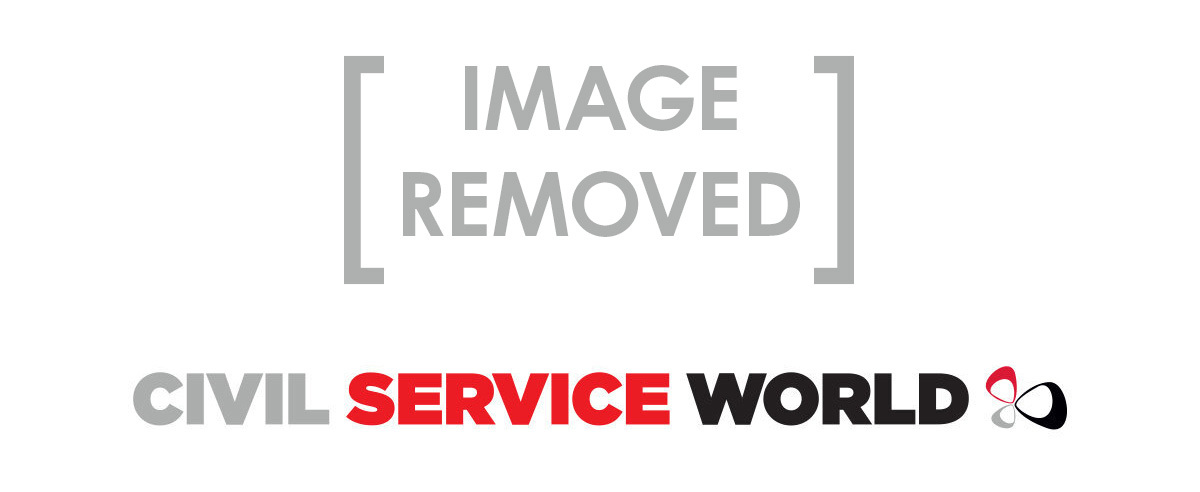Trust in civil servants is at a record high, in contrast to an almost complete lack of trust in politicians, according to Ipsos Mori’s 2019 Veracity Index released this week.
The survey found that civil servants are trusted more than religious figures, government ministers, business leaders, and charity bosses, with politicians at the bottom of the table of 24 professions.
More than 1,000 adults across the UK took place in the poll, conducted last month, in which they were asked to state which people would tell them the truth.
The results reveal a stark contrast in the ways officials and ministers are perceived.
Civil servants have had a bigger rise in trustworthiness than any other profession since the annual survey began in 1983, going from 25% to 65%.
But trust in politicians has fallen from 19% to 14% in the past year and they have replaced advertising executives as the country’s least trusted profession.
And ministers have fared little better, falling from 22% to 17% and third bottom in the table of trustworthiness.
While officials are trusted by the majority of the public, they remain far behind a number of other professions.

Nurses are in top place, trusted to tell the truth by 95% of the public, followed by doctors and dentists. Teachers, engineers, professors, scientists, judges, members of the Armed Forces, and the police are all ranked above officials.
However, civil servants are trusted to tell the truth more than TV news readers, pollsters, trade union officials, charity chief executives, bankers, and local councillors.
They also rank above business leaders, estate agents, and journalists.
Trust in professions is driven by demographic factors, especially education, according to the index.
It states: “Those with a degree-level qualification are more likely than average to say they trust a wide range of professions.”
Some 73% of graduates trust civil servants to be truthful, compared to just 53% of people without a degree.
Labour supporters are far more likely to have trust in officials than Conservative voters, at 73% and 57% respectively.
And while 70% of those who voted to remain in the EU trust civil servants, only 53% of people who voted to leave share this view.
Commenting on the surge in trust placed in civil servants, Michael Clemence, research manager at Ipsos Mori, said: “There will be many factors behind this rise. The image of civil servants has certainly changed between the eighties and now, and we also see strong differences between people from different political persuasions and educational backgrounds.”
He added: “There also appears to be a generational effect at play. While trust among all generations has risen, each subsequent generation has started at a higher level of trust than the one before it – those from the pre-war and Baby Boomer generations remain the least trusting of civil servants, Generation X are in the middle, while millennials and those from Generation Z are the most trusting.”